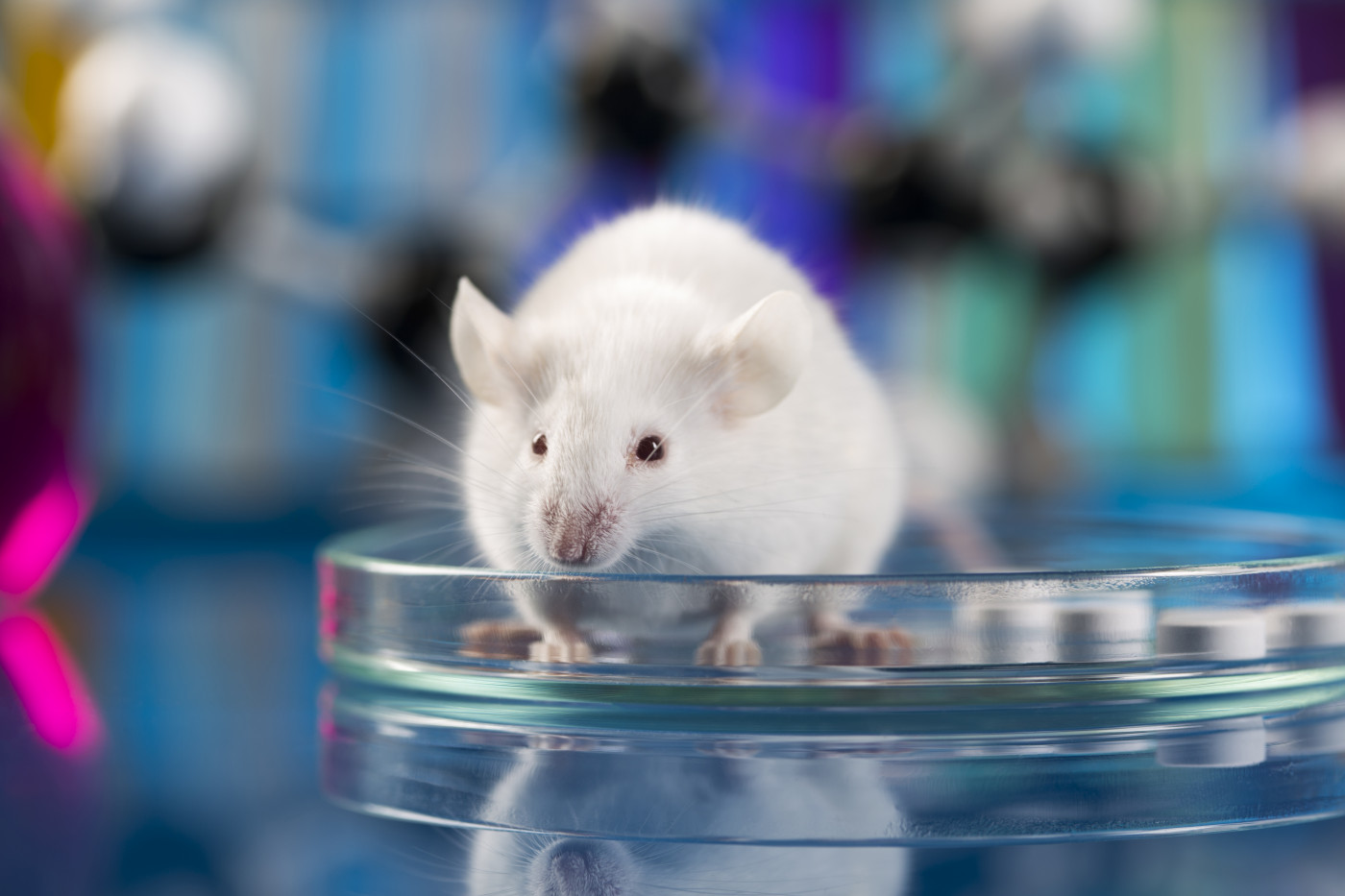Myd88 Protein Works in Distinct Ways Within Primary Sjögren’s, Mouse Study Shows

Production of Myd88, a protein associated with autoimmune diseases, in distinct types of cells mediates different characteristics of primary Sjögren’s syndrome, a study in mouse models of this disease reported.
These findings have implications for targeted therapies, as Myd88 activation may be protective in certain cell types and organs, and disease worsening in others, its scientists said.
Their study, “Tissue-specific activation of Myd88-dependent pathways governs disease severity in primary Sjögren’s syndrome,” was published in the journal Journal of Autoimmunity.
Primary Sjögren’s syndrome (pSS) is a chronic autoimmune disease largely characterized by chronic inflammation of the salivary and lacrimal (tear) glands. But it can also affect other tissues, including the brain, lungs, kidneys, and gastrointestinal tract.
The Myd88 protein plays a critical role in immune responses, and is an essential driver of autoimmunity. Studies in mice demonstrate that Myd88 activation regulates both local (gland-specific) and systemic features of primary Sjögren’s syndrome.
How different types of cells that produce Myd88 contribute to distinct disease characteristics, however, remains unclear.
Researchers at the University at Buffalo used a mouse model of primary Sjögren’s syndrome to create two strains of mice lacking Myd88 in specific cell types to better understand how tissue-specific Myd88 activation impacts local and systemic Sjögren’s.
The Sjögren’s mouse model (NOD.B10) mimics the human disease in a number of ways, including affecting more females than males, and showing both local and systemic disease characteristics.
One strain in this model was created by removing Myd88 from hematopoietic cells (blood stem cells), which are immature cells that develop into all types of blood cells, including immune cells. The other strain lacked Myd88 in stromal cells, which are specific connective cells that surround and support tissue and organs.
Initial experiments confirmed a lack of Myd88 in immune cells in the one mouse strain, and its absence in stromal cells in the other strain. The strain without stromal Myd88 still expressed the protein in its immune cells.
Compared with NOD.B10 mice that were not otherwise altered (control group), immune cell populations were similar in the spleen and lymph nodes isolated from both Myd88-deleted mouse strains.
An examination of immune cell infiltration in salivary and tear glands found no change compared with controls. Moreover, saliva production was similar in both Myd88-deficient strains and control mice, suggesting that “loss of Myd88 expression either globally or within specific tissue compartments is not sufficient to protect pSS mice from [gland inflammation], or [low saliva production],” the team wrote.
An analysis of immune signaling proteins (cytokines) in salivary glands of mice lacking Myd88 in immune cells found some cytokines at higher levels, some lower, while others remained unchanged.
In mice lacking stromal Myd88, cytokine production was similarly altered, revealing that “salivary inflammation is generated through activation of both immune and stromal tissue compartments,” and that “both tissue compartments have profound effects on inflammatory cytokine production within the salivary gland,” the researchers wrote.
Mice lacking Myd88 in immune cells had significantly lower kidney inflammation, but significantly greater immune cell infiltration in the lungs. Kidney tissue isolated from mice lacking stromal Myd88 also showed reduced immune cell counts. However, lung inflammation was not observed in these mice.
“Thus, Myd88 expression within immune cells is required for [immune cell] infiltration in the kidney, whereas expression of Myd88 in the hematopoietic compartment is essential to limit the inflammation in the lungs in pSS,” the scientists wrote.
An antibody test found that mice lacking Myd88 in immune cells had a significant decrease in the levels of immunoglobulin M (IgM) antibodies compared with controls, but levels of IgG antibodies were unchanged. In contrast, IgM levels were unaffected in mice lacking stromal Myd88, but IgG were decreased compared with controls.
The team then looked specifically for antinuclear antibodies (anti-ANA), markers of autoimmune activity, within the IgM and IgG antibodies. They found lower levels of 64% of ANA-specific IgM and 33% of ANA-specific IgG in mice lacking Myd88 in immune cells compared with controls. No significant differences relative to controls were seen in animals lacking the protein in stromal cells.
“In summary, we have identified a novel role for tissue-specific Myd88 activation in pSS,” the researchers concluded. “This work has important implications for targeted therapeutics, as Myd88 activation may confer protection from disease in specific organs and cell types and may actually worsen disease in others.”
“Our study highlights the importance of understanding how Myd88 becomes activated in the context of pSS, and the consequences of this activation both locally and systemically,” they added.






